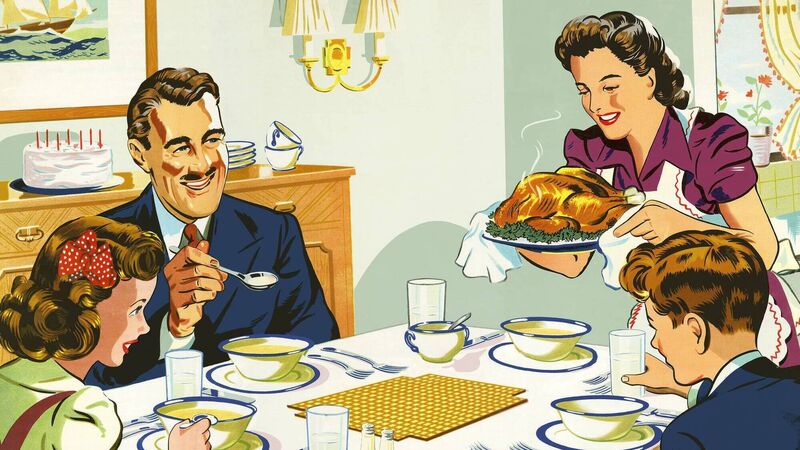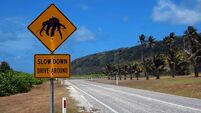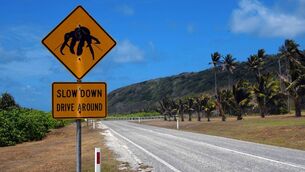Richard Collins: Studying science and evolution to figure out dinnertime

The 'Sunday roast' and dinner in the middle of the day were traditions — but is it healthier to eat our main meal in the evening? A scientific study of different feeding regimes for mice has been published
Lunchtime was ‘dinnertime’ when I was a boy. Most mammies stayed at home and cooked. The daddies returned from work in the middle of the day. It was German, English, and Irish, custom.
During the 1960s, the package-tour and the jet aeroplane arrived. People of modest means could now afford to visit ‘the continent’, where France and Italy ruled the gastronomic roost. Our national inferiority complex kicked in; having the main meal in the evening became ‘chic’. Like the Cornish tin-miners with their ‘pasties’, we began taking flasks and sandwiches to work. The Sunday roast is the sole survivor of the old order.








